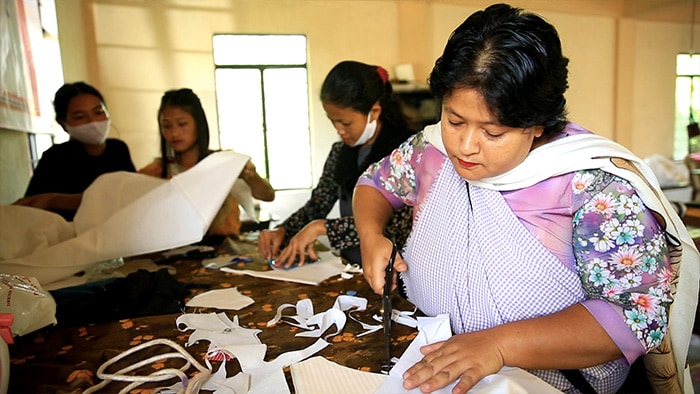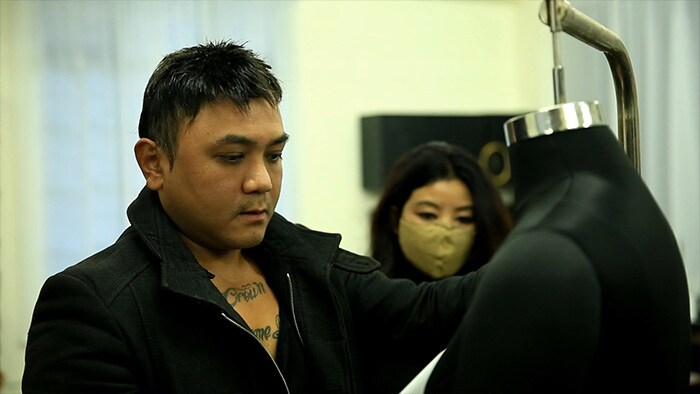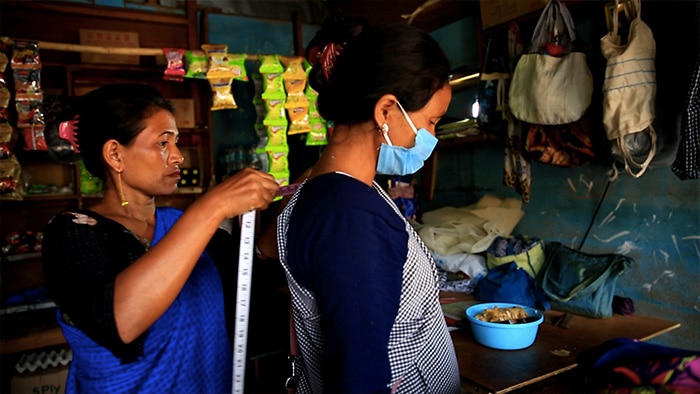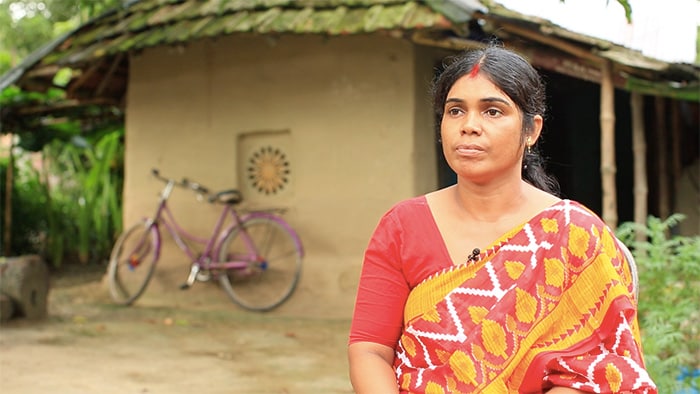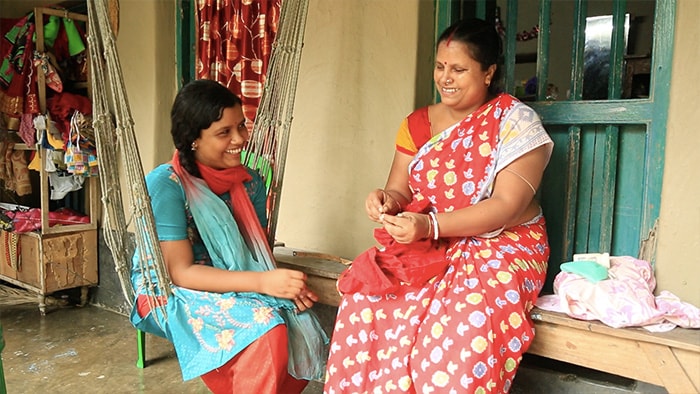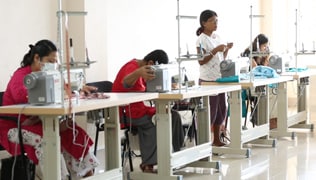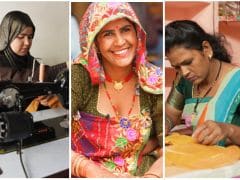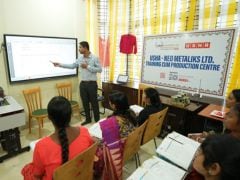USHA Silai School Initiative Continues To Empower Women In Meghalaya And West Bengal
Since its inception in 2011, USHA Silai School has been empowering women in the rural areas across the county by equipping them with the skill of stitching. This year, USHA International Limited strengthened its partnership with the state governments of Meghalaya and West Bengal with an aim to reach out to thousands of women and help them improve their lives.
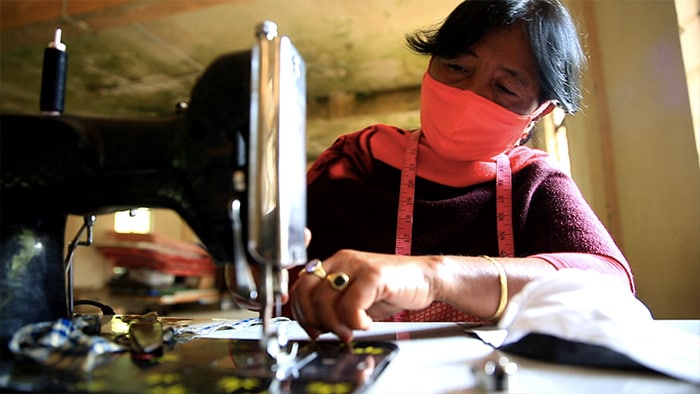
In Meghalaya, USHA Silai School collaborated with Meghalaya State Rural Livelihoods Society (MSRLS), a state government's initiative under National Rural Livelihood Mission. The partnership is focused on training women in making cloth bags, an alternative to single-use plastic bags, which have been banned by the state government.
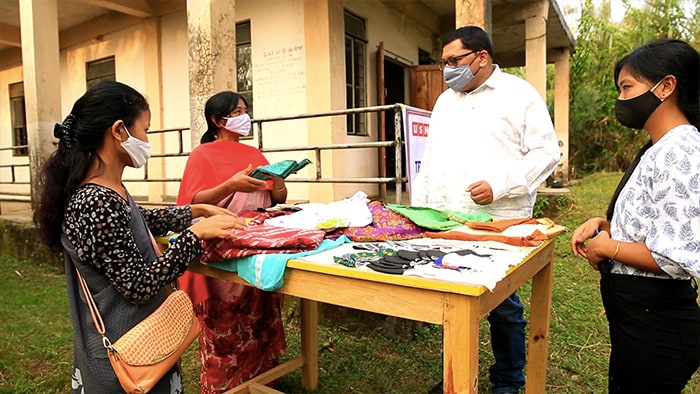
When the COVID-19 pandemic hit the country, women at training centres were provided with the training in stitching masks that comply with the central government's guidelines. According to R.M Kurbah, Deputy Commissioner, Ri Bhoi district, more than 4-5 lakh masks were stitched and distributed to the people under this initiative.
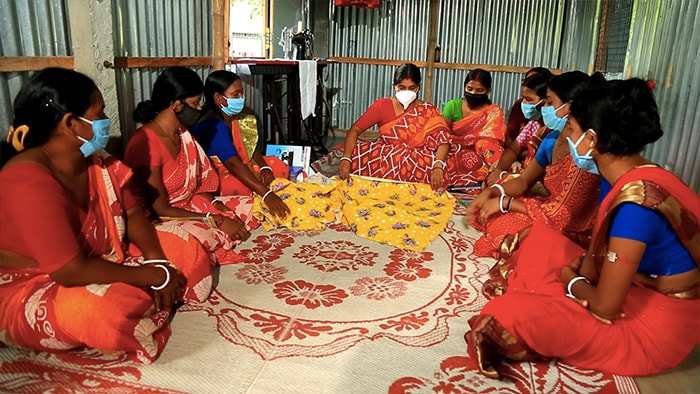
In West Bengal, USHA International Limited along with West Bengal Scheduled Caste, Scheduled Tribe and Other Backward Castes Finance and Development Corporation, established 3,500 new Silai Schools in 2019. To further strengthen the initiative in the state, 29 more Silai Schools have been set up under by the partners in villages near Bongaon which is at around 130 kilometres away from Kolkata.
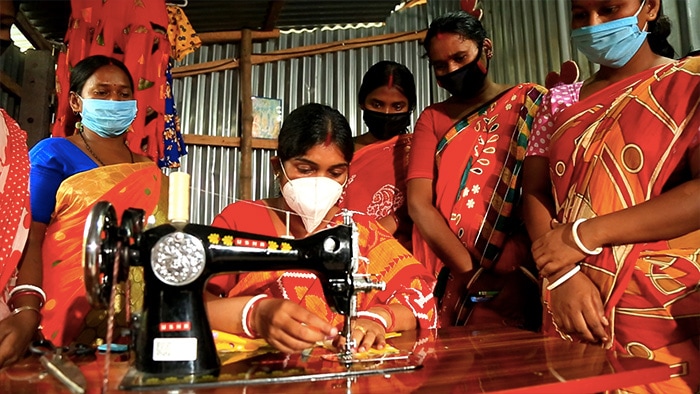
Jyotsna, who is running a small tailoring business, has now started her own Silai school. She is currently teaching eight women and earn about Rs. 2,500 from stitching orders. Jyotsna who wishes to fulfil all the needs of her two daughters and provide them with better education, hopes to earn more once the ongoing COVID-19 pandemic is over.
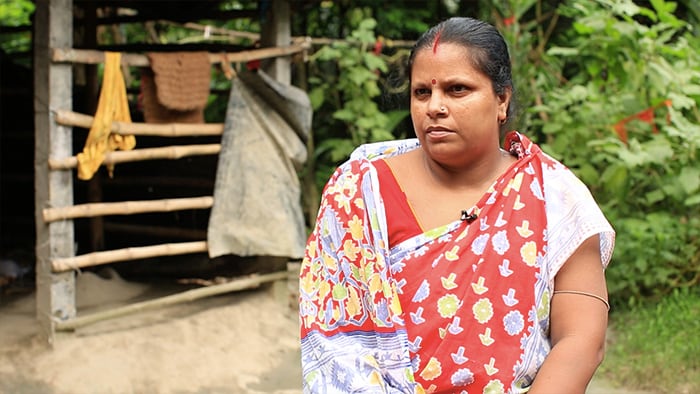
40-year-old Sushmita Saha who lives with her husband and a daughter in Sherbazar village of South 24 Parganas suffered depression in 2017 after the death of her elder daughter. Sushmita's husband who has been into tailoring business for the past 22 years, motivated her to join the six-month tailoring course USHA Silai School to help her keep herself engaged. During the training, she developed a passion for stitching and has been successful in setting up the USHA Silai School in the area.
Adopt a Silai School
About the Initiative
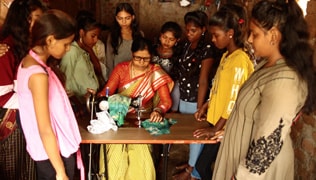
Kushalta Ke Kadam, an initiative by USHA Silai School and NDTV has entered its eighth season. The aim is to empower more women across rural India by teaching them sewing skills and helping them open new doors of opportunities for themselves. The initiative encourages rural women to become financially independent and entrepreneurs by taking up sewing and training others in their respective communities.
Since 2011, the USHA Silai School initiative has trained more than 12 lakh rural women through over 33,000 Silai schools, spanning over 20,751 villages across India.
The women earn Rs. 4,000 – 5,000 per month on an average, with the highest recorded monthly earning being Rs. 84,000 in a month. This earning works as a catalyst towards building their self-confidence, reducing gender inequities, and raising their stature within their families and in society at large.
Latest Stories
- Team NDTV | Monday February 16, 2026
Odisha's Suchismita Sahu, Rajasthan's Preeti Prajapat, Manipur's Akhirun—Usha Silai School's Kushalta Ke Kadam celebrates these awardees, from homemakers to master trainers earning accolades
- Team NDTV | Thursday February 12, 2026
From Ladakh peaks to Assam fringes, Usha Silai School trains tribal women in Turtuk, Kargil & Dakhinkuchi—crafting livelihoods with armed forces, NHPC & NGOs. Stitching national resilience
- Team NDTV | Thursday January 29, 2026
From West Bengal's transgender tailors to Telangana's tribal seamstresses and Meghalaya's embroidery revivalists, Usha Silai School's Kushalta Ke Kadam partners with NIRDPR and state governments
- Team NDTV | Tuesday February 03, 2026
In Odisha's mining heartlands, Mahanadi Coalfields Limited teams with Usha Silai School's Kushalta Ke Kadam and Gram Utthan, empowering tribal women turning them into entrepreneurs
- Written by Team NDTV | Friday January 02, 2026
Usha Silai Schools give second chances to women like Srinagar's Marifat, who rebuilt after widowhood; Madhya Pradesh's Jyoti, escaping abuse to run her own center; and Rajasthan's Vimla, rising from child marriage to tailor and teacher. Through nine-day training, they gain sewing skills, confidence, and income proving one stitch mends lives and inspires communities.
- Team NDTV | Friday December 26, 2025
A new wave of corporate-community partnerships is equipping rural women with skills, income and confidence

